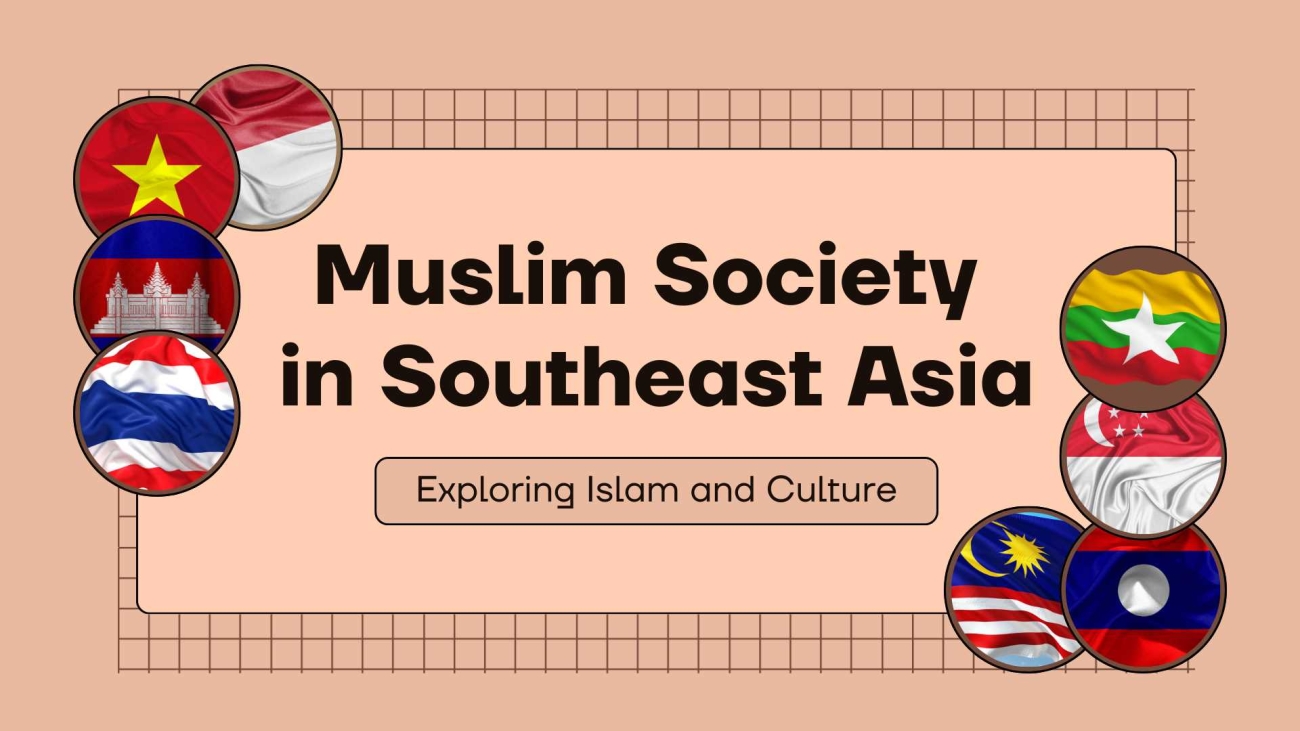Unmuhbarru.ac.id, Jakarta – “Pesantren, Madrasah, and School: Education and Learning Institutions”, Religious education is instrumental part of society.
Pesantren: The Heart of Traditional Islamic Education in Southeast Asia
What is a Pesantren?
A pesantren is a traditional Islamic boarding school that plays a significant role in the development of Islam in Southeast Asia, particularly in Indonesia. These institutions not only impart religious knowledge but also instill moral values and cultural norms.
Key Characteristics of a Pesantren:
* Community-Based: Pesantren are often located in rural or urban areas and serve as centers for Islamic communities.
* Kiai as Spiritual Leaders: Kiai, respected Islamic scholars, are the spiritual leaders and primary teachers at pesantren.
* Comprehensive Curriculum: The curriculum typically includes the Quran, Hadith, Islamic jurisprudence (fiqh), Sufism (tasawwuf), and other Islamic sciences.
* Traditional Learning Methods: Learning methods often involve halaqah (group discussions) and bandongan (copying texts).
* Boarding Facilities: Pesantren usually have boarding facilities where students, known as santri, live and study.
The Role of Pesantren in Southeast Asia:
* Preserving Islamic Tradition: Pesantren play a crucial role in preserving authentic Islamic traditions and teaching Islamic values to younger generations.
* Centers of Knowledge: They serve as centers for the development of Islamic knowledge, particularly in Islamic sciences.
* Social Agents: Pesantren act as social agents, addressing social issues and providing community services.
Challenges Faced by Pesantren in the Modern Era:
* Modernization: Pesantren face the challenges of modernization, including the influx of global information and changing lifestyles.
* Competition with Formal Schools: They must compete with formal schools to attract students.
* Preserving Tradition: Pesantren need to balance preserving traditional values with adapting to modern times.
The Future of Pesantren:
Pesantren have the potential to continue thriving and remain relevant in the modern world. By innovating and adapting to changing times, they can become high-quality educational institutions that produce well-rounded individuals with strong moral character and intellectual capabilities.
Potential Strategies for the Future:
* Improving Educational Quality: Enhancing facilities, hiring qualified teachers, and developing relevant curricula.
* Leveraging Technology: Utilizing technology to facilitate learning and increase access to information.
* Embracing Change: Being open to change and innovation while upholding traditional values.
* Collaborating with Other Institutions: Partnering with other educational institutions to enrich the learning experience.
Conclusion
Pesantren are vital institutions in the Islamic landscape of Southeast Asia. By addressing challenges and embracing opportunities, they can continue to shape the future of Islamic education and society.

